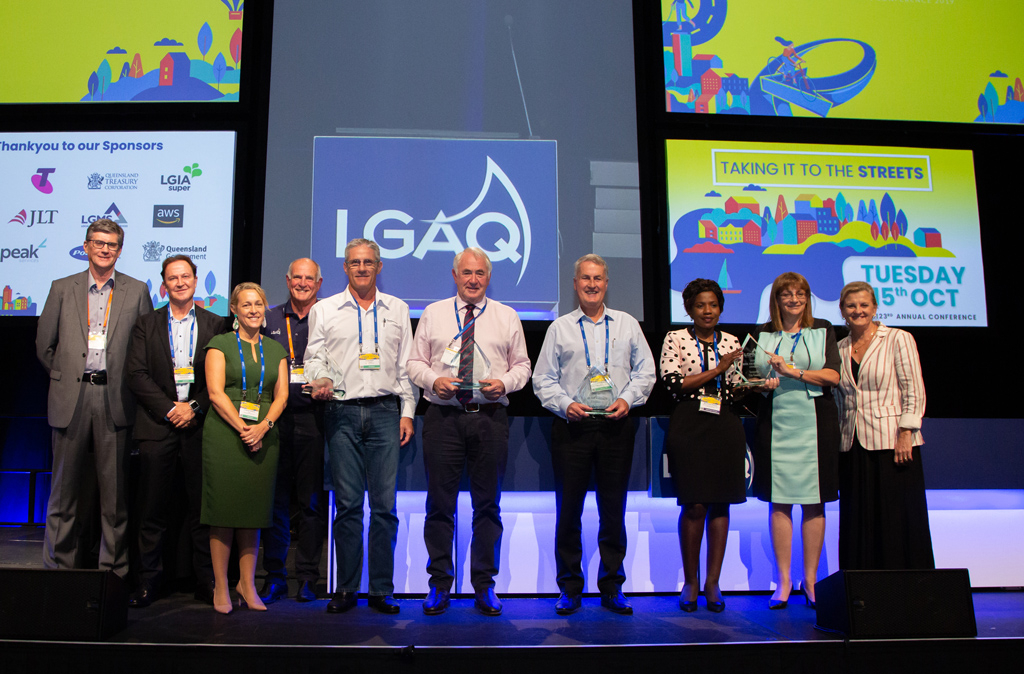What is your council's risk appetite?
Updating processes to reduce risk can be an overwhelming prospect for local government, particularly for councils who have previously experienced natural disasters.
Central to this task is Enterprise Risk Management (ERM); a comprehensive whole of business approach that identifies, assesses and prepares for all potential dangers and hazards that can interfere with an organisation's operations.
There is an increasing expectation from governments, regulators and customers that a minimum level of risk management procedures should be in place, where key performance data is monitored, and targets are set. A failure to manage an area of risk can affect the organisation’s financial position and performance, as well as causing damage to its reputation in the eyes of customers and other key stakeholders. There is also the potential for fines and criminal prosecution of directors and managers.
For ERM to be truly effective in meeting these expectations, it requires a clear understanding of how much risk a Council is willing to accept, pursue, avoid or retain in order to achieve its objectives – otherwise known as risk appetite. In an ideal risk-mature operating environment, staff at all levels would have an idea of the level of risk appetite that the organisation has for a given category of risk, however, reaching this level of understanding takes time, communication and persistence.
By way of example, Townsville City Council already had a level of maturity regarding risk appetite that is beyond that of many other local government entities, but still felt confident they could improve the council’s risk appetite statements and move to a more contemporary framework. They embarked on a journey to select an external expert to assist with the maturity of their risk framework by reviewing their draft risk appetite services and sub risk appetite statements.
Recently Townsville City Council won the LGMS Risk Excellence Award for their entry ‘ERM System Implementation and Alignment with ISO 31000:2018’. This is great recognition of the work their risk champions have put in to improve their Enterprise Risk Management processes. The Council will use the funds from their win to seek the risk appetite review and subsequent development of the framework in a phased approach.
The LGMS Risk Excellence Awards recognise the efforts of Member Councils who have taken strong and effective action to understand and respond to risk. An award is made available across the four RRC (Regional Risk Coordinator) regions. Members are nominated by their LGMS RRC with recipients assessed against the following factors:
- Alignment with Australian Standard ISO 31000:2018 Risk Management – Guidelines
- The efficiency, effectiveness and impact on reducing risk
- Progress in risk management maturity.
The winners receive a trophy, recognition at the LGAQ Annual Conference, LGMS eNEWS, and has an opportunity to present at a Local Government Risk Management Focus Group meeting. The winners also have their travel costs and registration for a council representative to attend the National Local Government Risk Management Conference, and in addition to this funding towards targeted and eligible risk management maturity consulting services to a total of $20,000 for each award recipient. The awards are proudly sponsored by the LGMS Mutual Schemes.
A risk management consultant was engaged to develop Townsville City Council’s overarching and sub risk appetite statements with related tolerance levels.
Christine Mushaya, Principal Risk, Compliance and Governance – Legal Services Section, Townsville City Council said, “we are excited to work on the council’s risk appetite and to improve our understanding. We will start by comparing the risk appetite against the strategic and operating plans, ensuring all statements are relevant and understandable at all levels.”
“The work done on this project has also been recognised by 3YS Owl Governance professionals. I have been nominated as a Top 100 Finalist and while this is an individual acknowledgement of the work done for this project, I am proud to be building on the council’s Enterprise Risk Management processes.”
Risk appetite – the amount of risk that a Council is willing to accept, pursue, retain or avoid when pursuing its objectives.
Risk tolerance – the boundaries of risk that the organisation is not prepared to venture outside of, when pursuing its objectives. A line in the sand.
Pictured L – R: Craig Hinchliffe (JLT Public Sector), Michael Whittaker (CEO Sunshine Coast Council), Mayor Rachel Chambers (LGMS Board Member / North Burnett Regional Council), Ian Leckenby (Chair LGMS Boards), Councillor Tim Dwyer (Sunshine Coast Council), Mayor Paul Antonio (Toowoomba Regional Council), Mayor Greg Williamson (Mackay Regional Council), Christine Mushaya and Mayor Jenny Hill (Townsville City Council), Mayor Karen Williams (LGMS Board Member / Redland City Council)

